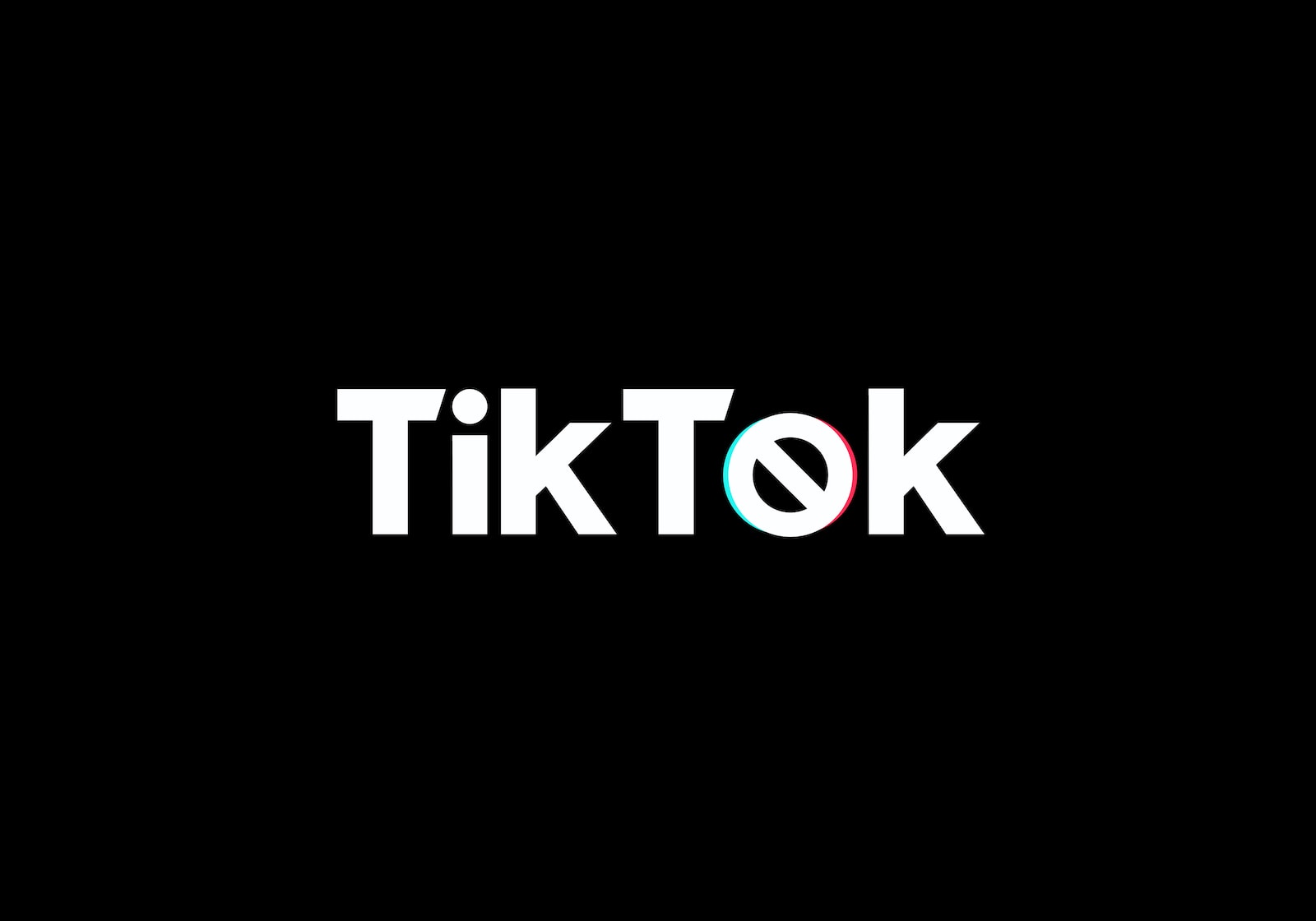TikTok Ban Threat Spurs Creator Shift to Instagram, YouTube

May 7, 2023
As TikTok CEO Shou Zi Chew faced tough questioning from Congress in March, small business owner Chad Spangler grew increasingly frustrated. The bipartisan committee was investigating how the popular short-form video app, owned by China’s ByteDance, could pose a potential privacy and security threat to American consumers.
Representatives grilled Chew on the app’s addictive features, potentially harmful content, and the possibility of U.S. user data falling into the hands of the Chinese government. The threat of a nationwide TikTok ban loomed as politicians demanded that ByteDance sell its stake in the app, a move strongly opposed by China.
Small business owners and creators like Chad Spangler, who sells his artwork online, are concerned about the potential impact of a TikTok ban on their livelihoods. With TikTok being a major player in the creator economy, which has grown to over $100 billion annually, creators have built significant followings and formed lucrative partnerships with brands.
Spangler says TikTok has been instrumental in driving sales for his business, The Good Chad, and that the app’s unique features have enabled it to become a lightning in a bottle platform. He has over 200,000 followers on TikTok and made over $100,000 last year. According to Influencer Marketing Hub, the average annual income for a US influencer was over $108,000 in 2021.
The Future for the TikTok ban in the U.S.: What it Means for Businesses and Creators
TikTok’s meteoric rise in the U.S. has captured the attention of consumers who are spending less time on traditional social media platforms like Facebook, Instagram, Snapchat, and Twitter. With over a billion monthly users in 2021, TikTok has become a major player in the creator economy, where businesses and influencers have formed lucrative partnerships with brands.
However, the app’s future in the U.S. is uncertain due to concerns about privacy and security, leaving businesses that rely on TikTok in a precarious position. Despite this, TikTok has captured 2.3% of the worldwide digital ad market and is now one of the top five digital ad platforms alongside Google, Facebook, Amazon, and Alibaba.
Montana lawmakers have approved a bill to ban TikTok in the state from next year, but the app has opposed the move, claiming it cannot be enforced. TikTok has faced congressional scrutiny over its potential security and privacy risks, with some officials advocating for a complete ban unless parent company ByteDance divests.
While the White House initially supported the RESTRICT Act, a Senate bill to ban platforms such as TikTok, momentum behind the legislation has slowed significantly following backlash. As the debate continues, creators who rely on the app are left in a state of uncertainty.
Fearing the Uncertainty of TikTok’s Future, Creators Explore Alternatives
Vivian Tu, a content creator from Miami, is taking steps to diversify her audience and content across various platforms in anticipation of a potential TikTok ban. Initially, Tu began posting on TikTok in 2021 as a way to provide helpful finance and investing advice to her co-workers.
In just one week, she had already gained over 100,000 followers. Since then, she has left behind her career in Wall Street and tech media to pursue content creation full time. Tu shares friendly videos on a range of financial topics, utilizing Instagram, YouTube, Twitter, as well as running a podcast and weekly newsletter.
While she has already built a presence on multiple platforms, Tu acknowledges that her work on TikTok, where she boasts over 2.4 million followers, is her “pride and joy.” Tu stated, “It would be a huge letdown to see the app get banned.” Meanwhile, major social media companies in the U.S. are preparing to fill the potential void left by TikTok.
Meta, the parent company of Instagram and Facebook, has been investing heavily in Reels, its TikTok competitor. During the company’s earnings call last month, CEO Mark Zuckerberg reported that users are resharing Reels videos over 2 billion times a day, a number that has doubled in the past six months. Snap and YouTube are also allocating billions of dollars to develop their own short-video features to rival TikTok.
While TikTok’s potential ban may result in a mass exodus of creators to other platforms, Vivian Tu believes that TikTok’s unparalleled ability to showcase new and relevant content will be hard to replicate. As Tu points out, TikTok provides a level playing field where a user with no prior following or content can create a video that garners millions of views.
Conclusion
The potential ban of TikTok in the U.S. has left creators and small business owners in a state of uncertainty. With TikTok being a major player in the creator economy, the livelihoods of these individuals are at stake.
While major social media companies like Meta, Snap, and YouTube are preparing to fill the void left by TikTok, creators like Vivian Tu are taking steps to diversify their audience and content across various platforms.
However, as Tu acknowledges, TikTok’s unparalleled ability to showcase new and relevant content will be hard to replicate. The future of TikTok remains uncertain, but the impact of its potential ban on the creator economy and small businesses is undeniable.








